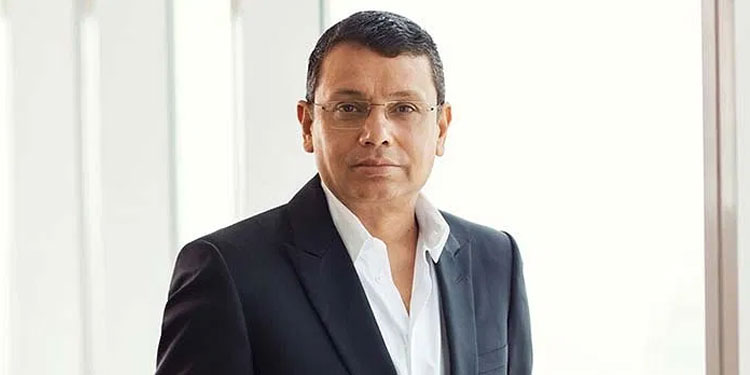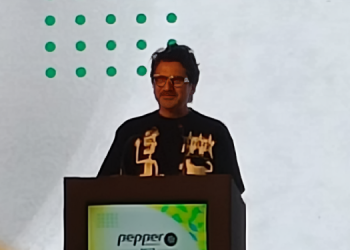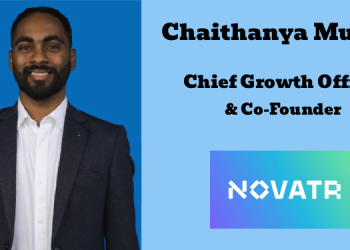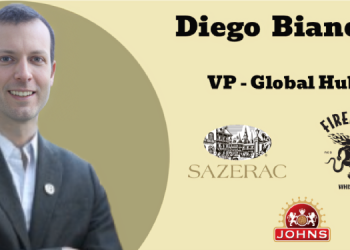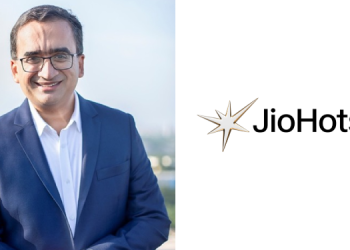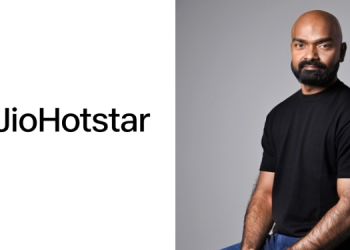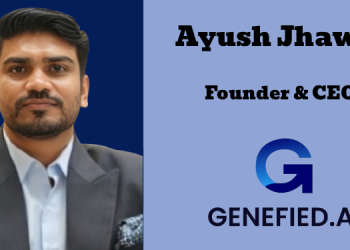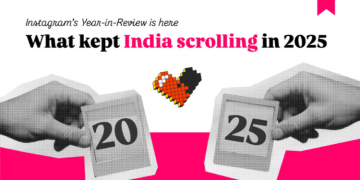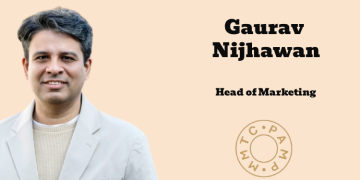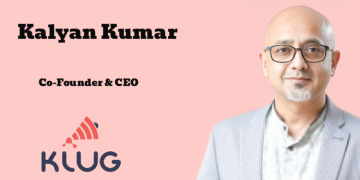Mumbai: Uday Shankar addressed at the annual FICCI Frames conference today as following:
“First and foremost, a warm welcome to all the participants, Honorable Minister of State for Finance, Anurag Thakurji, your excellency the Ambassador of Italy to India, Honorable Vincenzo de Luca, Joint Secretary, MIB, T.C.A Kalyani, President Sangeeta Reddy, Sanjay Gupta, and everybody else. Thank you very much for joining in this new avatar of FICCI Frames. There isn’t probably another media and entertainment event in this part of the world or, for that matter, any part of the world, that the entire industry from creative to business, looks forward to every year. And this year, when the event was just on the eve of being staged it was disrupted because of the COVID-19 crisis. All of us felt really disheartened. And it goes to the credit of the FICCI and FICCI Secretariat and the Media and Entertainment Committee led by Leena Jaisani that they found a way to reinvent it and offer it is probably an even more interactive and digestible format. So thank you for all of you for doing that.
My own association with FICCI, I just wanted to say that until recently I used to be the chair of FICCI Media and Entertainment Committee and now I am finally, you know, I am delighted to welcome my friend and colleague for a number of years, Sanjay Gupta, to take over the reins.
It makes me emotional, FICCI Frames has completed 20 years. It’s a really big landmark. We have been participating in this year after year, so sometimes we forget exactly what these 20 years have meant to the Indian Media and Entertainment Industry. I just wanted to tell you that when FICCI Frame was launched, India was a really fledgling industry, as far as media and entertainment were concerned. It was, the total size of the industry was barely about four crores, across television, print, radio, and everything included. And it was large; it wasn’t even considered a very serious. It was considered a business of power if you were in the news, it was considered a business of glamour and entertainment but that’s about it.
Today it is about a US 20-25 billion dollar industry. It’s sad that the industry will take a huge hit in terms of the disruption that Covid-19 has caused. But this is where the industry is. From about 100 channels in 2000 when FICCI Frames was first held, today, we have over 900 channels in this country. The size of the print business, which was just about a billion- a billion and a half dollars, is about four billion dollars, and India remains one of the few countries where the print is reasonably healthy. And the emergence in this period has been, of course, of the digital industry, which is a big success and has already become the nucleus of the media and entertainment sector. It is also reflected in FICCI Frames in FICCI Media and Entertainment Committee with the takeover of Sanjay Gupta as the head of Media and Entertainment. And a lot has changed in this industry. I cannot but recall my own association for a minute, so please bear with me.
My story of getting into FICCI has been a interesting one – I didn’t even know, as a news editor and journalist, what role I would play. But then the Secretary-General of FICCI, Amit Mishra, who is a friend, he persuaded me to join FICCI and there I ran into this legendary visionary, an amazing man, the late Yash Chopra who persuaded me to come and become active in FICCI. Frankly, I did not even know what role I would play, and Yashji was so persuasive. You could not say no to him, and there I came into FICCI in 2010, and he persuaded me to become the Chair of FICCI Broadcast Forum, and then a few years later, I took over FICCI Media and Entertainment Committee.
The one thing that it did for me is to understand the media and entertainment in all its nuances and details. So I have just one message for all the youngsters who might have logged in today. The time spent on forums like FICCI Frames and FICCI Media and Entertainment Committee is not a distraction; it is not a time wasted. It allows you to understand this sector better, it allows you to benefit the sector better, and it allows you to contribute to the sector. And all of this will happen. Our own businesses will not grow. We have seen the role that FICCI Frames have played in the growth of the Media and Entertainment business. I think despite all the setbacks that we are facing this year and hurdles that we are facing, those are really temporary and we can easily overcome them, and we are ready in this sector to make a much big leap to make a much bigger and much more successful global media and entertainment business. But, for that, a few things need to change as I wind up my formal association with FICCI Media and Entertainment Forum, not from FICCI, where I continue to be Senior Vice President. I have to say that a few things that still remain unfinished continue to trouble me, and I think in the next few years, we should focus on how to change all of that.
The biggest bane in the country, especially for print, TV, and now even for digital, has remained its disproportionate dependence on advertising. Advertising, as the industry has grown, its dependence on advertising has grown. Usually, this number mentioned that advertising revenues in the year 2000 used to be just about a billion dollars, and now that number is 10 billion dollars. It has helped the growth of the industry, it has sustained the industry, and all the participants have benefited from it. But its also been a bit of a distraction because globally the industry has grown, whether its newspapers or magazines or whether it is other forms of content delivery. They have benefitted from building direct consumerism where the consumer pays for the product. In this country, and truly told, all of us are guilty of this. We decided to be shortsighted, and we decided to subsidise our products, and we decided, in order to create hurdles for small challengers, we decided to take charge to subsidise our businesses, for the buyer, the consumer and get the money from the advertiser. That has become a very, very big setback for the industry, and if this industry has to grow to the next level, I think the one thing that must be fixed is our ability and our desire to get people to pay for what they consume. That’s fair, and that’s the only way this industry can grow. This year’s setback for the industry is going to be very, very severe. It is one of the industries that people do not often realize is going to be hurt very badly because of the covid setback. And that is primarily because of our disproportionate dependence on advertising. And I think years ahead we must fix that.
The second thing I must mention, while President Sangeeta Reddy mentioned the growth of the films, business and theatrical exhibition, and even television content and newspaper, those are all great. Those are all very impressive achievements. However, for a country of this size, we should be doing a lot better. Our ambitions in the area of content remain really small. We are very happy on television winning the TRP, and as long as we are going ahead over the heads of our competitors, we feel very good. But that really is again a huge distraction. The content business has gone truly global, and the opportunity to scale it up is much much bigger. Today intermediaries have been marginalized, and we have the technology and the ability to go directly to consumers and build our business much bigger. And this is not just about TV, this is about newspapers, this is about digital, and this is about all other forms of business. We haven’t done that, and what is worse is that we have also actually been even more shortsighted and gone and worked with agencies like regulators and other competitors to create hurdles in the way of unlocking the power of the business. And as a result of that, we will not be able to invest in content, and we have not taken our ambitions to the global domain. For instance, even much smaller countries like South Korea, like Israel, like Turkey and our Ambassador, are sitting here, countries like Italy, of course, have a much bigger media business and their content travels globally. Indian content, let us face it, still doesn’t travel globally. Films do not travel globally, television content doesn’t travel globally, and this is not for lack of creativity. This is only because of our smaller ambitions and shortsightedness. I think the industry should fix that. Unless we start becoming a bigger player or factor in the global content consumption space, the business will always be sub-optimal.
Finally, for an industry that is growing at this rate, we have to expand and create the talent funnel that we have. People coming into this business, whether it is on the side of news, whether it is visual content, whether it is digital content, we still do not have organized supply funnels of high quality and trained writers, other technicians, directors, actors, etc. That is becoming a stumbling block.
And finally, I think this cannot happen, and I make this reference to honorable Minister and to the Joint Secretary, this cannot happen unless the government recognizes the sector to be an important part of the economy, the creative economy that can create jobs, businesses, wealth and can also create soft power that Mrs. Sangeeta Reddy was referring to. That will lead to a greater, bigger, and more shiny brand India, globally. Media has been by, and large kept to play a marginal role in the Indian economy, and that has hurt the country and the brand of the country globally. I think its time that we started fixing that when we look to come out of the Covid crisis, that probably is the best opportunity to do a complete pivot and start thinking about it.
Thank you very much. I once again thank everyone in FICCI Media and Entertainment Committee for supporting me, helping me and embracing me and sometimes suffering me for over a decade.”

